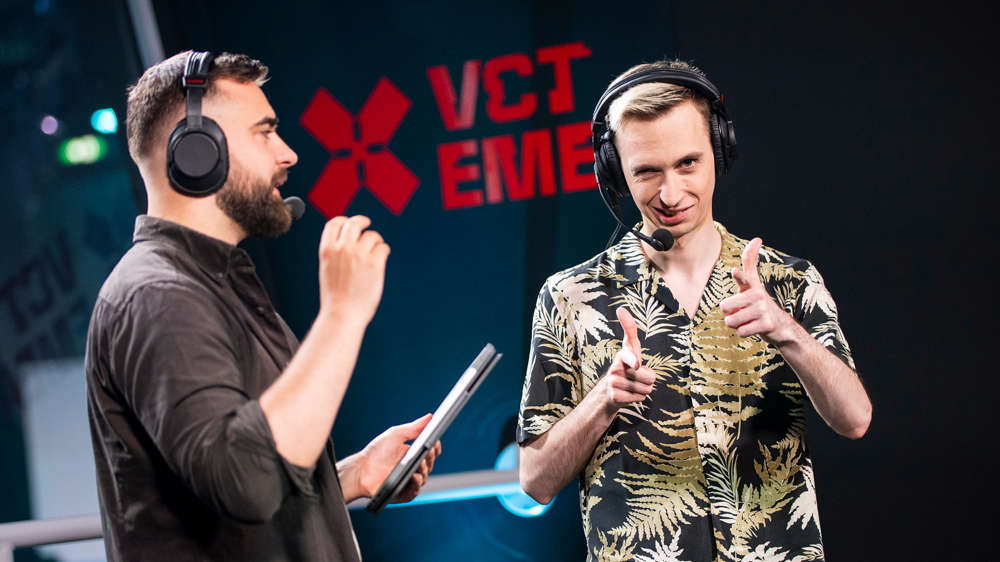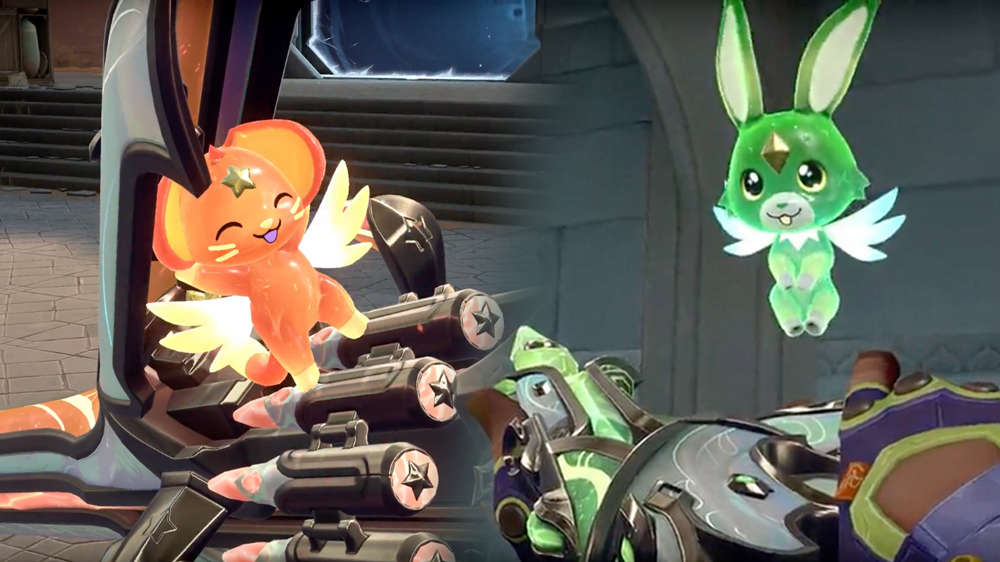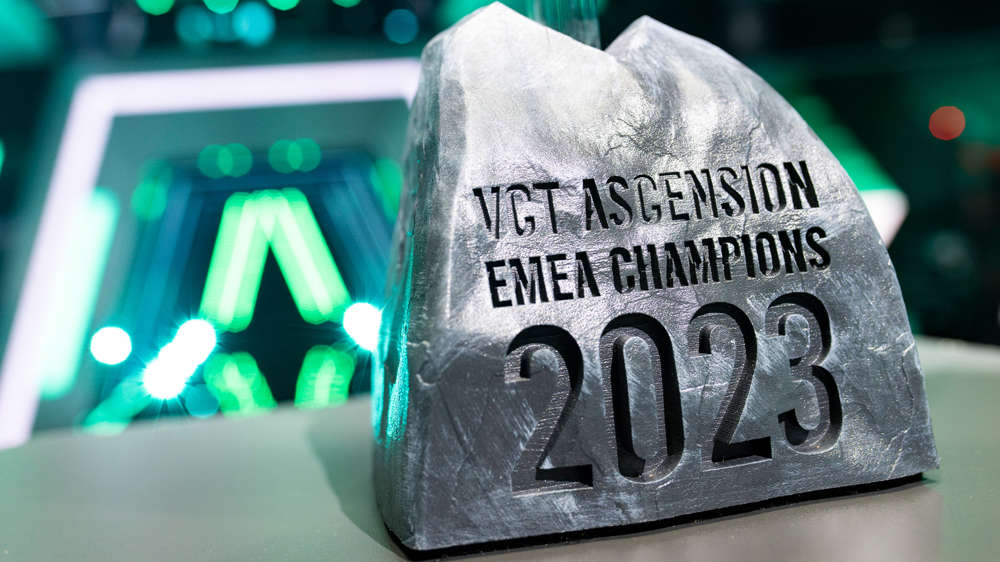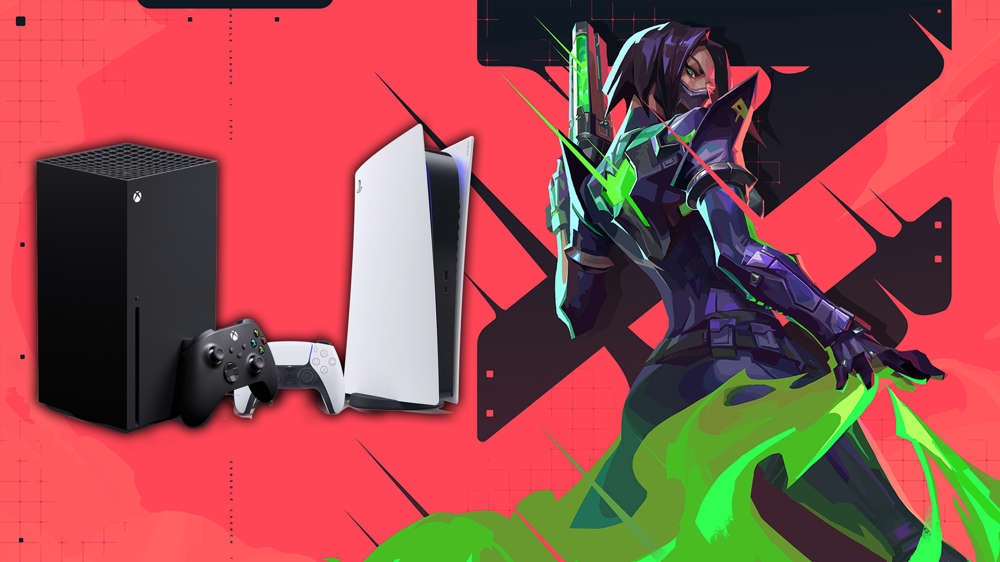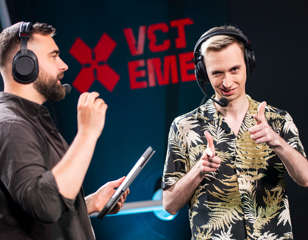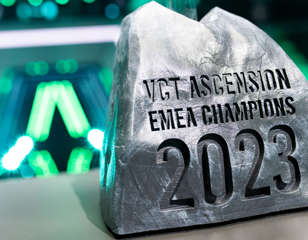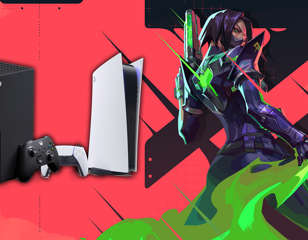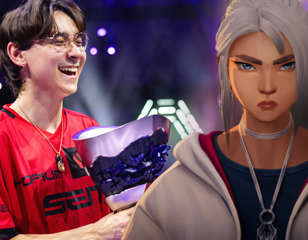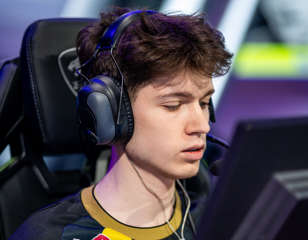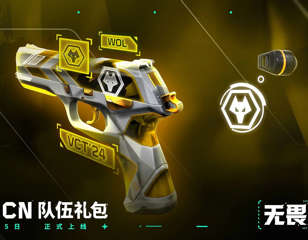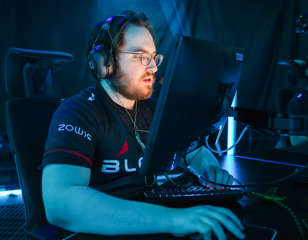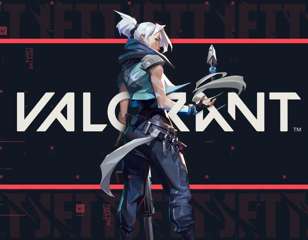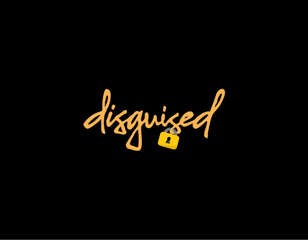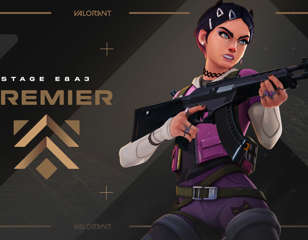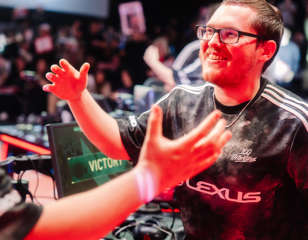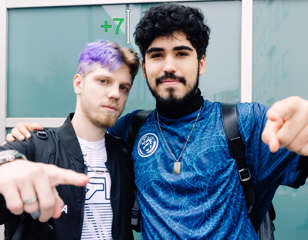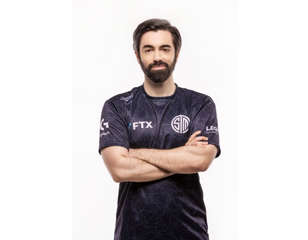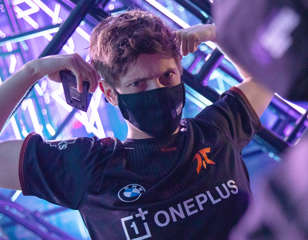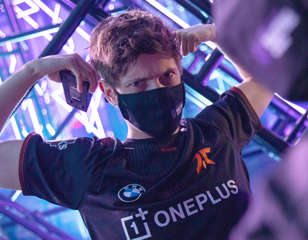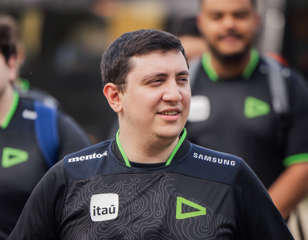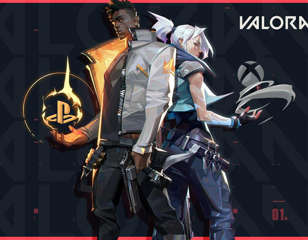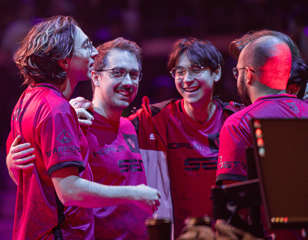Behind the voice of VALORANT, and the trials and tribulations of being a caster
Being a VALORANT caster isn’t the easiest job in esports especially given the current competitive climate.

Yinsu Collins
19th Jul 2020 19:00
Images via Riot Games
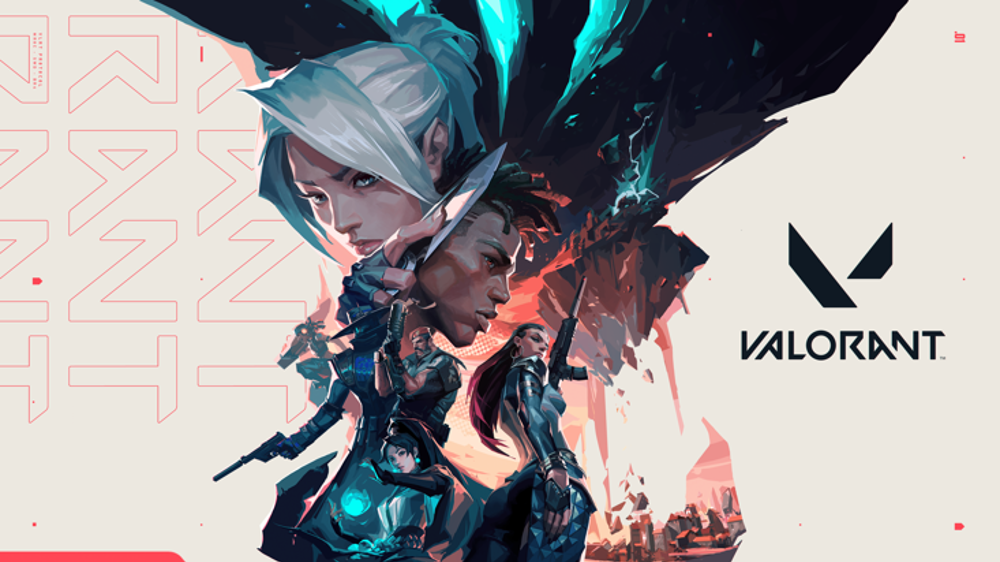
The lights, the studio, the glamour, and the excitement. For many, being an esports caster is a dream job, and for others, the vital and important role is what truly brings the action to life as the talented casters lend their voices to the immortalisation of legendary moments.
Of course, with a new game comes a new generation of casters but that kind of depends on how you want to define the concept of “new”. To many, especially fans of other shooter games, most of the top VALORANT casting talents are already household names in other titles, and while it’s debatable what kind of experience that brings to VALORANT fans, it has inadvertently created a problem for fresh talent to breakthrough.
However, even with the odds against him, one caster, who has been casting the amateur League of Legends scene for the past five years, is slowly and justifiably becoming one of the VALORANT fan favourites.
Who is Simo?
David ‘Simo’ Rabinovitch, who is a College esports professor by day, is one of the very few VALORANT talents that has taken the scene by storm as an amateur caster with his infectious enthusiasm and deep knowledge for the game.

Simo works as an esports professor at St. Clair College
While Simo’s name is being thrown around by fans and his peers as a notable talent, his casting career endured years of stagnation before VALORANT’s release.
He said: “If anyone knows about League of Legends amateur's scene, is that you can't really get really far as a caster. There is a pretty big over-saturation of talent and Riot has a pretty good grasp on who they want to let in and who they don't want to let it. That's not to say that it's like some sort of a locker room. It's just that there's a lot of amateur casters and only, one or two every year managed to break through and get to cast on LCS and LEC.”
Even though Simo has started to establish himself as a talent in the VALORANT scene, there’s still no guarantee when it comes to securing gigs. In fact, most tournament organisers have preferred to go down the route of agencies as opposed to scouting and reaching out to talents themselves.
Out of the four Western Ignition Series leading up to WePlay, 17 out of 23 of the talents hired by tournament organisers have belonged to the esports talent agency CSA – that’s 74% of the talent pool, giving very little room for casters who aren’t being represented by an agency to breakthrough.
Simo said: “This is no secret. There is huge props over to CSA for getting a lot of work for their talent and a lot of these Ignition Series events and that's, at the end of the day, the agency's job. But when it comes to, you know, casters like myself, it's all about networking and it's all about just trying to grow. Put your nose to the grindstone and try to push yourself through as hard as you can. But at the end of the day, right now, it wouldn't be the fault of the agency for getting all these gigs for all these talents. And it's the same consistent talent, and it's really no fault of the tos either for, in some cases, thinking about talent as the last possible thing that they need for their broadcast.
“Sometimes they have a week to put together talent or they have two weeks to put together talent. And I don't think it's really anyone's fault right now. I think Riot's trying things out agencies are at the right place at the right time. And tos are in a high-pressure scenario where they've got to find all this talent. So that's why it kind of feels like the Wild West, but I have a feeling that once Riot, gets their hands in the cookie jar, it'll be a little bit more structured or a little bit more streamlined, but it's kind of a 'wait and see' right now for what ignition series are going to be coming up next.”
What was Simo's big break?
So how did Simo get noticed in the first place? Well, it sounds cliched to cite ‘hard work’ as the main reason but the 25-year-old really did go above and beyond to gather experience and try and draw attention to his work.
He said: “When it comes to really any esport, step one is just start casting. Anything that you can get your hands on, even if it's your own gameplay, even if it's the gameplay of your friends. But let's hypothetically say you're past that point and you want to start casting some actual matches. Well, your next step would be to reach out to whoever's really putting on tournaments.
"Earlier on in VALORANT, when there weren’t any real tournaments, the T1 VALORANT discord was hosting pugs, just daily pugs. I would just hop in there and I would ask if I could cast, and I would just cast the pugs and same with another discord, Valorant.Pro. They would have pugs every night and I would just hop in and I would just cast whatever I can, but you need to have a pretty good pulse on what tournaments are happening.
“For example, PAX is running their own ignition series coming up. The odds of an amateur caster getting that gig is very, very small. So you need to figure out what other tournaments are available while other tournaments are accessible, start making your way through.
“Of course, it's going to be for free for a little bit and quite honestly, probably for a while but your goal should be to do this because you love to do it, not because it's going to give you a huge salary at the end. That's obviously your goal, but you shouldn't be having fun while you're learning and while you're growing.”
However, the lack of opportunities and pathways to success in VALORANT casting is a concern that continues to plague Simo even after getting to cast multiple Ignition Series.
He said: “I would say the worst thing about being a VALORANT caster is probably that the scene is like a two-month-old baby. It is so new is so young and there's obviously all this hubbub there are teams being signed. There are casters casting, there's organisers organising.
"But Riot doesn't really have their feet directly planted on the ground building a lot of the grassroots build up. I guess for me, I'm sitting here and I'm thinking, are they still going to leave it up to third-party organisers do what they do? Or are they going to get really involved? Is there going to be a VALORANT world championship?
“And if there is going to be a VALORANT Championship, will my name be considered? As a caster, you always have to think about that. Will I be considered?"
It’s certainly interesting that the landscape of VALORANT casters is mirrored in the competitive scene. Less well-known players from other esports titles are struggling to get noticed and picked up and the bigger Tier One orgs have, on the whole, opted for more established players rather than taking a risk on amateur, fresh talent.
It’s uncertain how the scene will shape up once Riot decided to get involved but it’s obvious that Simo isn’t the only caster who’s concerned about their future. However, despite all the hardships Simo is battling, he believes VALORANT has come at a perfect time for him.
He said: “I was looking for opportunities in esports and teaching was something that I think just lined up perfectly. Now VALORANT seems to be lining up perfectly. I am kind of looking down the future a year or two years from now that I feel like VALORANT could very well be like a full-time opportunity for me.
So, while I could bring value in teaching into my professional life, I have a feeling I may not be teaching for very long. If I continue to keep working, keep pushing, keep trying to network, to get more opportunities.”

About The Author
Yinsu Collins
Yinsu Collins was a freelance contributor to GGRecon.
